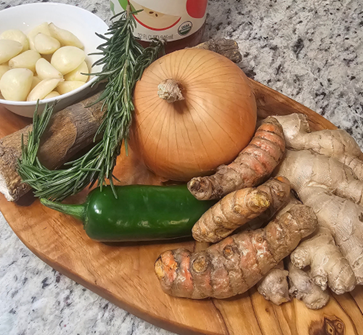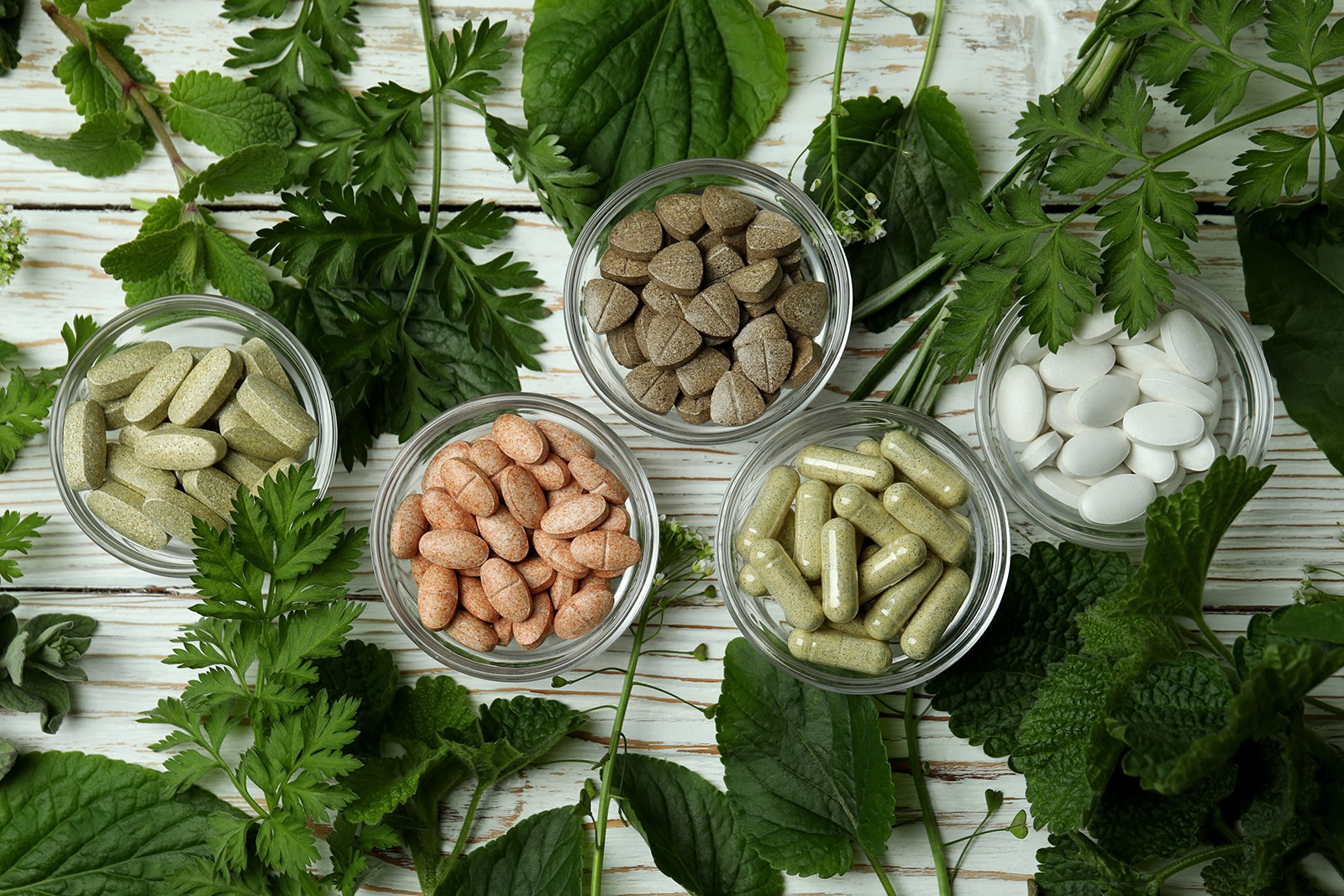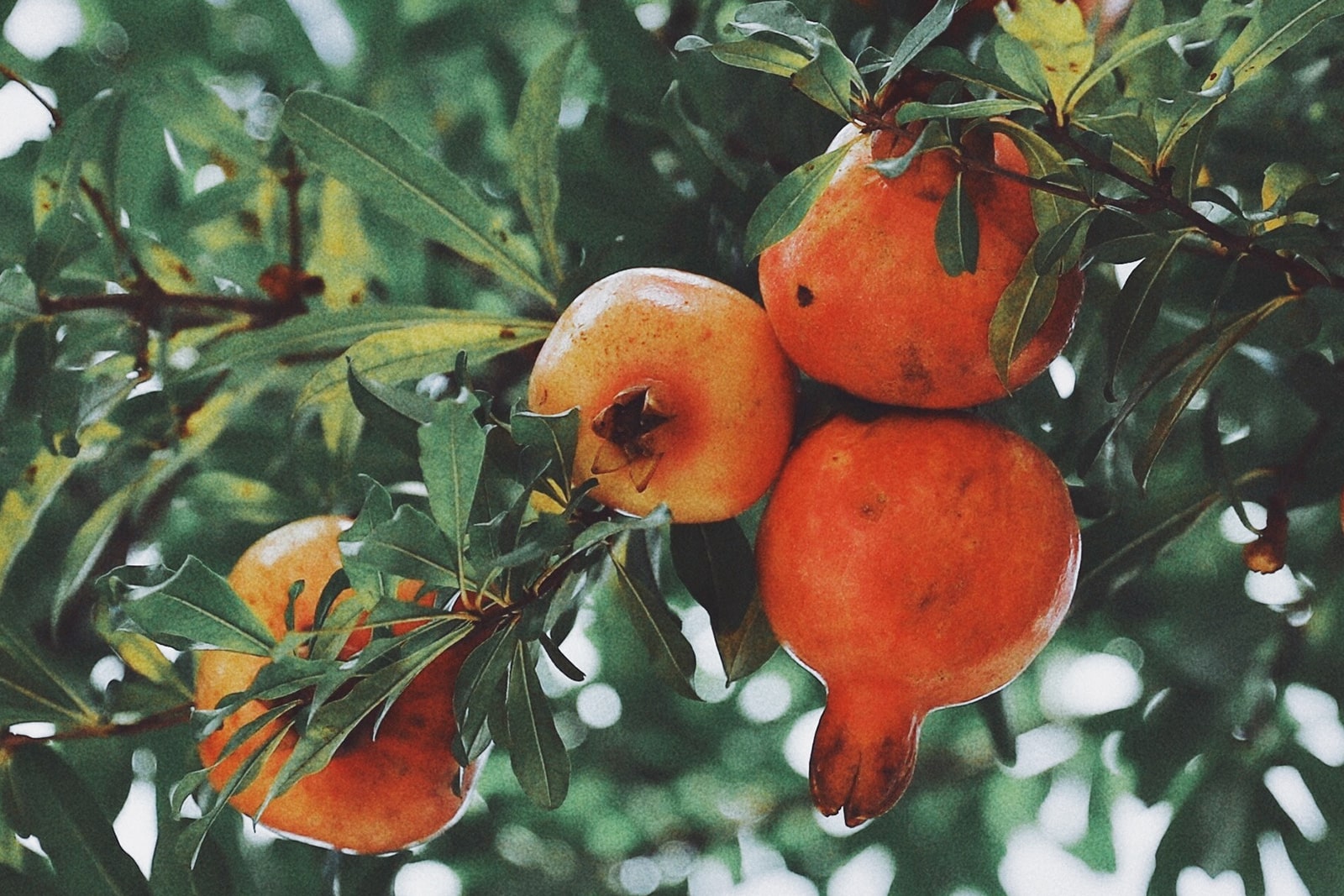Winter is coming. The first chill breezes let you know it’s time to prepare. This year, instead of reaching for over-the-counter remedies (that don’t really work), you’re going to turn to nature’s own medicine cabinet to get your immune system ready.
Instead you’ll be ready with your homemade fire cider, an age-old concoction well-known for its immune-boosting properties. This potent brew is a unique blend of select herbs and spices that fortify your body against the colder months. But, what exactly makes this elixir so magical? Let’s explore.

A Brief History of Fire Cider
Fire cider is a traditional herbal remedy with its roots in folk medicine, popularized by the renowned herbalist Rosemary Gladstar in the late 1970s. The beauty of fire cider lies in its simplicity. There’s a base recipe that has been adapted to suit various needs and states over the years, but each of the ingredients has well-established benefits for immune health.
Decoding the Potency of Fire Cider
What gives fire cider its potent immune-boosting punch? It’s the unique blend of zesty, spicy, and sweet ingredients, each pack a powerful punch.
Let’s break down some of the key components:
- Ginger root: A cornerstone of Chinese medicine for thousands of years, ginger has well-studied immune balancing benefits – including anti-inflammatory, anti-microbial, and digestive benefits.
- Horseradish root: Packed with a compound called sinigrin, another beneficial immune modulator and anti-microbial. The unique benefit of including horseradish is because it helps break up congestion and calm inflammation.
- Turmeric root: The main compound in turmeric, curcumin, has been proven to demonstrate antioxidant, anti-inflammatory, antiviral and antibacterial properties.
- Garlic and Onion: These common kitchen staples are loaded with beneficial compounds and antioxidants that support digestive health – which is central to immune health – as well as support various mechanisms involved in preventing cold and flu. Both have also been shown to have antiviral and antibacterial propertie
- Hot peppers: Rich in capsaicin, hot peppers assist the body in managing inflammation through various mechanisms. The spicy flavor can also help open up the sinuses and stimulate mucus flow.
- Lemon: In addition to being a rich source of vitamin C and bioflavonoids, which are very well-known for supporting immune function – the peel/rind is particularly rich in a compound called Limonene. It exhibits anti-inflammatory and antioxidant properties, contributing to immune system modulation
Crafting Your Own Fire Cider: Ingredients and Method
Crafting your own fire cider is fast and easy! Here’s a basic recipe to get you started, but remember, the beauty of fire cider is in its adaptability. Feel free to experiment with different herbs, roots, and spices to create a blend that suits your palate and health needs.
Ingredients:
- 1/2 cup fresh ginger* root (peeled and diced)
- 1/2 cup fresh horseradish root (peeled and diced)
- 1/2 cup fresh turmeric* root (peeled and diced)
- 1 medium white onion (chopped)
- 1/4 cup garlic cloves (minced)
- 2 small jalapeno peppers (sliced)
- 2 organic lemons (slice with rind)
- Raw apple cider vinegar
- Raw honey (to taste)
*if you can’t find whole, fresh roots you can substitute dried herb powder; swap for ½ the recommended amount.
Optional additional ingredients:
- 1/4 tsp organic cayenne powder
- 2 Tbsp Rosemary leaves
- 2 Tbsp Thyme
- ½ tsp whole black Peppercorn
- 2 Tbsp Astragalus root
- 2 Tbsp Echinacea root
Method:
- After prepping, add all the ingredients including the ginger, horseradish, onion, garlic, jalapeno, and lemon slices to a clean jar. Make sure your jar has an airtight lid.
- Pour apple cider vinegar over the roots and vegetables until they’re well covered.
- Cover the jar with a lid and store it in a cool, dark place for 2-4 weeks. Remember to shake daily.
- When ready, use a cheesecloth to strain out the pulp, squeezing out as much of the liquid as possible.
- Time for the last ingredient – stir in raw honey to sweeten to taste.
Harnessing the Power of Fire Cider
Fire cider is a versatile tonic that can be used in various ways:
- Drink 1-2 tablespoons (15-30 oz) once daily as a preventative measure.
- Some people take a tablespoon at the first sign of a cold, repeating every 3-4 hours until symptoms subside.
- Others incorporate it into their cooking, using it as a marinade for meat or chicken, drizzled on veggies, or as a salad dressing.
- You can add it to hot water and honey to create a warming tea or mix it into fresh juices for a healthful kick.
Cheers to to a healthier, warmer winter!
Disclaimer: The benefits of fire cider and its ingredients have been widely recognized in folk medicine, but scientific research is still ongoing. Always consult with a healthcare professional before starting any new health regimen.
The information provided in this article is intended for educational purposes only and is not intended to diagnose, treat, cure, or prevent any disease. Fire cider is a traditional remedy and not a substitute for medical advice from a healthcare professional.
References
- Mashhadi NS, Ghiasvand R, Askari G, Hariri M, Darvishi L, Mofid MR. Anti-oxidative and anti-inflammatory effects of ginger in health and physical activity: review of current evidence. Int J Prev Med. 2013;4(Suppl 1):S36-S42.
- Mazumder A, Dwivedi A, du Plessis J. Sinigrin and Its Therapeutic Benefits. Molecules. 2016;21(4):416. Published 2016 Mar 29. doi:10.3390/molecules21040416
- Kuwabara Y, Hirose A, Lee H, Kakinuma T, Baba A, Takara T. Effects of Highly Bioavailable Curcumin Supplementation on Common Cold Symptoms and Immune and Inflammatory Functions in Healthy Japanese Subjects: A Randomized Controlled Study. J Diet Suppl. 2024;21(1):71-98. doi:10.1080/19390211.2023.2185723
- Jennings MR, Parks RJ. Curcumin as an Antiviral Agent. Viruses. 2020;12(11):1242. Published 2020 Oct 31. doi:10.3390/v12111242
- Rouf R, Uddin SJ, Sarker DK, et al. Antiviral potential of garlic (Allium sativum) and its organosulfur compounds: A systematic update of pre-clinical and clinical data. Trends Food Sci Technol. 2020;104:219-234. doi:10.1016/j.tifs.2020.08.006.
- Lissiman E, Bhasale AL, Cohen M. Garlic for the common cold. Cochrane Database Syst Rev. 2014;2014(11):CD006206. Published 2014 Nov 11. doi:10.1002/14651858.CD006206.pub4.
- Miles EA, Calder PC. Effects of Citrus Fruit Juices and Their Bioactive Components on Inflammation and Immunity: A Narrative Review. Front Immunol. 2021;12:712608. Published 2021 Jun 24. doi:10.3389/fimmu.2021.712608
You May Also Like...
Supplement Safety: Avoiding Fraudulent Herbs
Nationally recognized store chains, Walgreens, GNC, Walmart and Target came under fire a few weeks ago after third part…
The Mighty Pomegranate (Punica granatum)
The Mighty Pomegranate (Punica granatum) Growing up, pomegranate Punica granatum was one of my favorite winter fruits.…
Stay In Touch!
Join my mailing list to keep up with all the latest nutrition & FxMed learning opportunities



